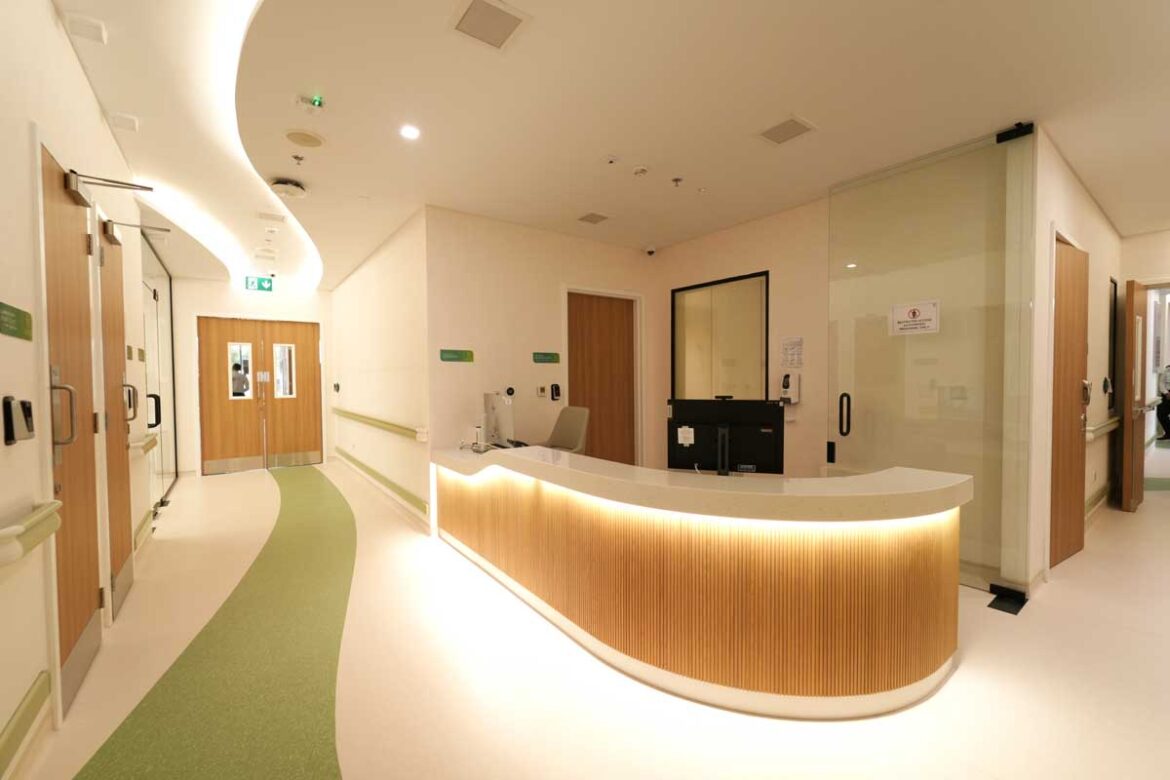By Staff Reporter
Abu Dhabi: Behind every recovery from addiction lies a story of resilience, hope and transformation. At the National Rehabilitation Center (NRC) in Abu Dhabi, these stories unfold every day. These are individuals who, once trapped in addiction, have emerged stronger and more purposeful.
A second chance at life
From drug addiction to advocacy: Real-life recovery story from Abu Dhabi rehab centre
Yousef Altheeb Alketbi, CEO of the NRC, revealed an inspiring real-life story that embodies the mission and impact of the centre – offering hope, healing and a pathway to purpose for those struggling with addiction. Alketbi recounted the transformative journey of a man in his early thirties who arrived at the centre after years of substance use.
“His rehabilitation journey was long and challenging, but what set it apart was his strong personal determination to recover, coupled with unwavering support from his family.”
Rebuilding life step by step
The patient followed a comprehensive, culturally sensitive treatment plan that included medical care, psychological therapy and, crucially, family involvement.
“With time, he regained his confidence, resumed his university studies, and successfully graduated.”
He then secured stable employment, got married, and built a life rooted in responsibility and connection.
Today, he is an active member of NRC’s peer support group, guiding others with his lived experience.
“He inspires others on their recovery journey, showing that with the right support, change is not only possible but also sustainable.”
The key takeaway from such success stories?
Alketbi noted that rehabilitation isn’t just about treating addiction, but about reigniting purpose and belonging.
“From stories like his, we learn that recovery is not just clinical; it’s relational, environmental, and deeply personal. We’ve also learned that follow-up is crucial. Too often, recovery efforts falter because the support system ends too soon,” he said, noting that at NRC, reintegration is not an afterthought – it’s an integral part of the process.
Targeting youth with preventive power
Adolescents and young adults are at heightened risk due to peer pressure, social media, and a natural tendency to experiment and explore.
“We view this not only as a period of heightened risk but as a powerful window for prevention. When young people are given the right tools, and guidance, they’re far more likely to make informed, healthy choices that stay with them for life.”
Most recently, marking the International Day Against Drug Abuse and Illicit Trafficking, NRC launched a nationwide campaign, including a series of activities aimed at educating and engaging young people, families and communities. Community forums were held at shopping malls and other high-traffic locations.
“These initiatives offer interactive experiences and spark meaningful conversations, particularly among youngsters,” he said, adding: “Our commitment to prevention is an ongoing effort rooted in education, community engagement, and evidence-based programming that evolves as young people’s needs evolve.”
Inside the NRC rehabilitation journey
At NRC, no two treatment plans are alike. Every patient undergoes a detailed assessment by a multidisciplinary team, leading to a personalised plan that may involve inpatient detox, outpatient therapy or residential care.
“We use internationally recognised models such as the Matrix Model, motivational interviewing, and family therapy, but we adapt them to reflect the local culture and context. We understand that addiction is not just a medical issue; it’s emotional, social, and sometimes spiritual.”
Importantly, treatment does not end with discharge. NRC has designed long-term follow-up systems to help individuals avoid relapse and reintegrate into society with dignity. Many former patients, like the man in the case study, come full circle – returning to NRC to support others in their healing journey.
“That’s the most meaningful marker of success: not just staying sober, but rediscovering purpose, dignity, and connection.”
Creating a drug-free society, Alketbi highlighted, is a shared responsibility. NRC partners with schools, universities, healthcare providers and international agencies to strengthen every link in the chain of prevention and recovery. This year, over 60 educators and healthcare professionals were trained to spot early warning signs and refer cases for timely support.
At the international level, NRC’s designation as a WHO Collaborating Centre and partnerships with the United Nations Office on Drugs and Crime (UNODC) allow the centre to contribute local insights to global efforts while adapting international best practices to local realities.
“Building a drug-free society isn’t the responsibility of any single entity; it requires a coordinated, multi-sectoral effort where each partner complements the other,” he added.
Source: Gulf News


